Just write us your request & we will take care of the rest.
The Growing Demand for Auto Fasteners Parts: Innovations and Trends in Automotive Manufacturing
In the ever-evolving automotive manufacturing sector, one essential component plays a crucial role in ensuring the structural integrity, safety, and performance of vehicles: auto fasteners parts. These small yet indispensable components are used to securely join various parts of a vehicle, ranging from engine components to body panels, electrical systems, and interior fittings. As the automotive industry continues to advance with new materials, technologies, and designs, the demand for high-quality auto fasteners parts has grown significantly. In this article, we will explore the importance of these components, the innovations driving their development, and the key trends shaping the future of the automotive fasteners industry.
The Essential Role of Auto Fasteners Parts in Automotive Manufacturing
Auto fasteners parts are an integral part of any vehicle assembly, providing the necessary strength and durability to hold various components together under challenging conditions. These fasteners include nuts, bolts, screws, rivets, washers, clips, and clips that ensure parts remain securely fixed in place, whether in the engine compartment, undercarriage, or interior of the vehicle.
Structural Integrity and Safety
In modern automobiles, auto fasteners parts are critical for maintaining the overall structural integrity of the vehicle. They ensure that safety features such as airbags, seat belts, bumpers, and doors remain firmly in place, contributing to the vehicle’s ability to withstand impact during accidents. Automotive engineers rely on high-quality fasteners to meet rigorous safety standards, especially as car designs evolve and become more sophisticated.
For example, auto fasteners parts are often used to secure airbag systems, which must perform under conditions during a crash. The proper selection and installation of these fasteners are crucial for the system's reliable deployment, ultimately ensuring occupant safety.
Efficiency in Manufacturing and Assembly
As automakers strive to reduce production time and costs while maintaining high-quality standards, the role of auto fasteners parts in streamlining the manufacturing process has become more evident. These components help simplify assembly processes, allowing manufacturers to achieve faster, more efficient production lines.
Fasteners such as self-locking nuts or quick-connect clips can significantly reduce assembly time by eliminating the need for additional steps such as welding or adhesive bonding. As a result, auto fasteners parts are increasingly being designed with time-saving features that enhance manufacturing productivity without compromising quality or safety.
Durability and Resistance to Harsh Conditions
Automotive fasteners must be able to withstand temperatures, vibration, corrosion, and exposure to chemicals. Auto fasteners parts are designed to meet these challenges, ensuring that they remain functional and reliable over the vehicle’s lifespan.
For instance, auto fasteners parts in the engine compartment must be resistant to high temperatures and engine fluids, while fasteners used in the exterior of the vehicle must resist corrosion from rain, snow, and road salts. Advanced materials such as stainless steel, zinc-coated metals, and high-performance polymers are often used to enhance the durability and longevity of fasteners in these challenging environments.
Innovations and Trends in the Auto Fasteners Parts Market
As the automotive industry embraces new technologies and materials, the demand for advanced auto fasteners parts that offer performance, sustainability, and cost-effectiveness is on the rise. Several key trends are shaping the future of the automotive fasteners market.
Lightweighting and Fuel Efficiency
As automakers seek to improve fuel efficiency and reduce vehicle weight, lightweight materials have become a key focus in vehicle design. This shift has a direct impact on the auto fasteners parts used in manufacturing. Traditional steel fasteners are being replaced by lighter, high-strength materials such as aluminum and titanium. These materials help reduce the overall weight of the vehicle, contributing to improved fuel economy without sacrificing strength or performance.
The growing trend of lightweighting is especially prevalent in electric vehicles (EVs), which require fasteners that can support advanced battery systems, electric motors, and lightweight body panels. As EV production accelerates, the demand for specialized auto fasteners parts will continue to increase.

 English
English Español
Español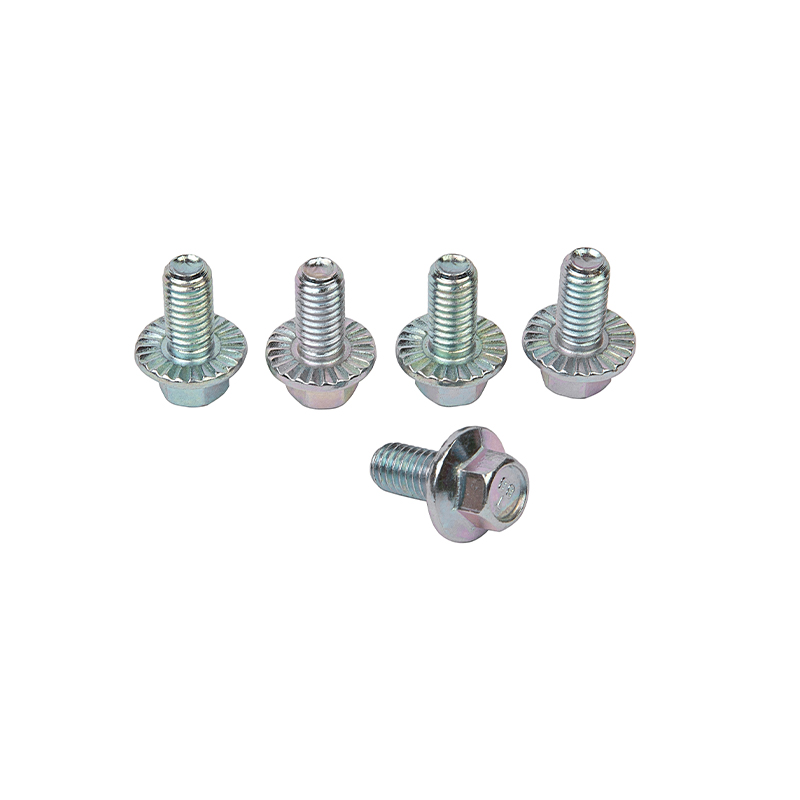
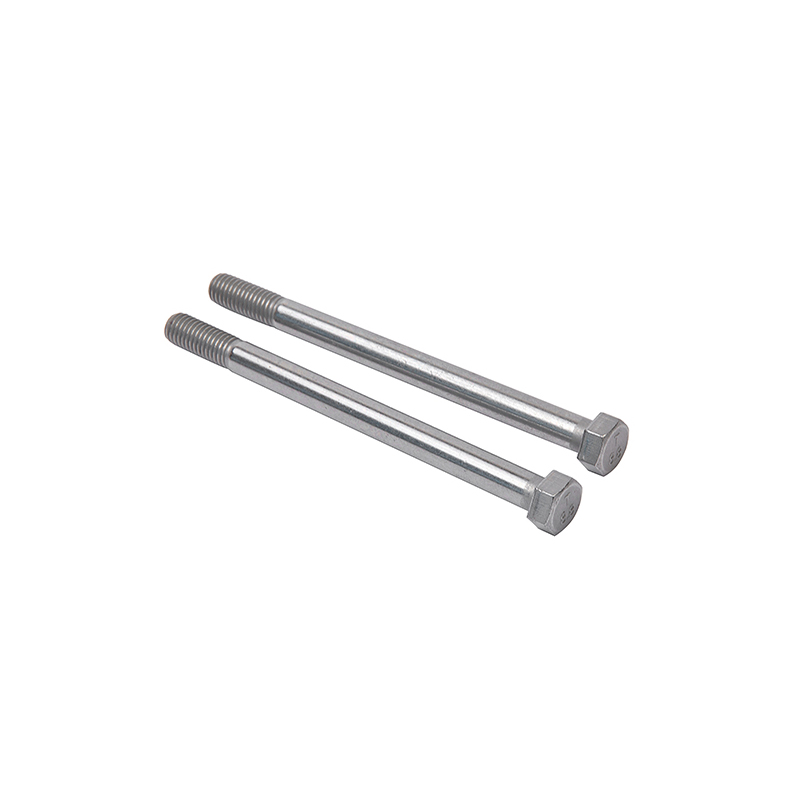

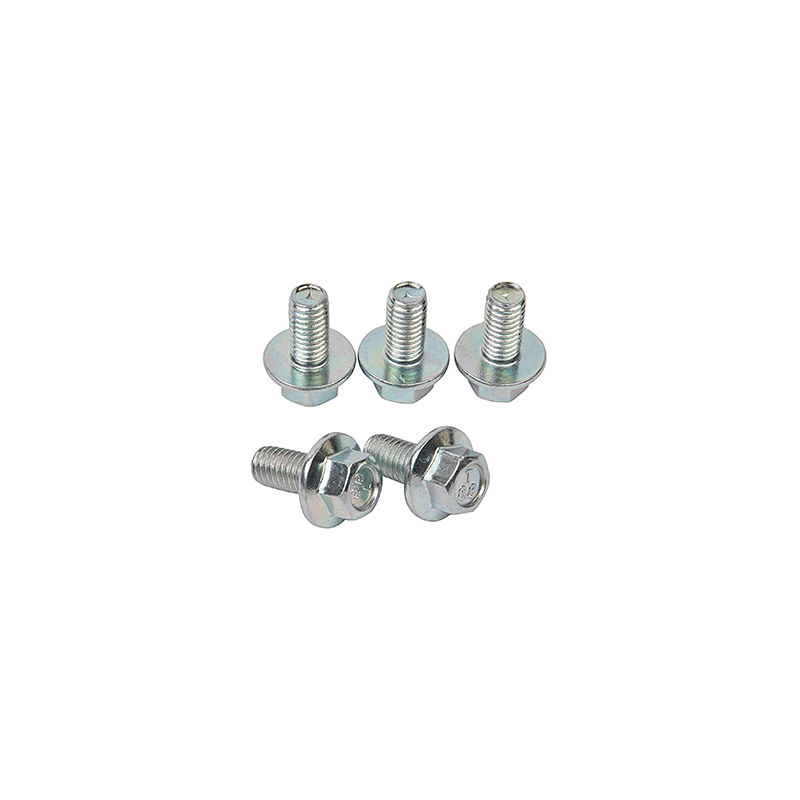

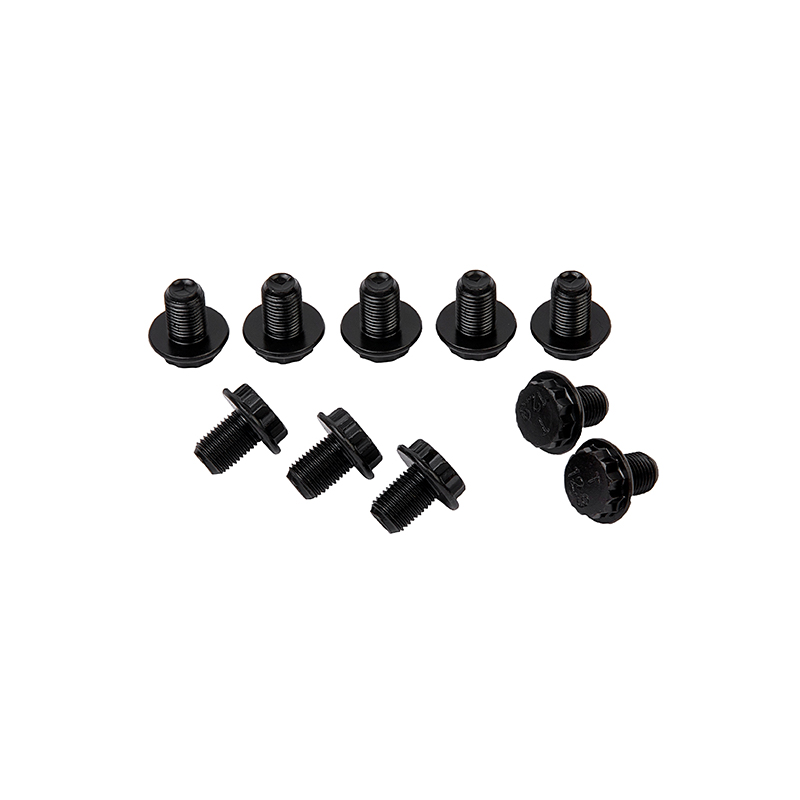
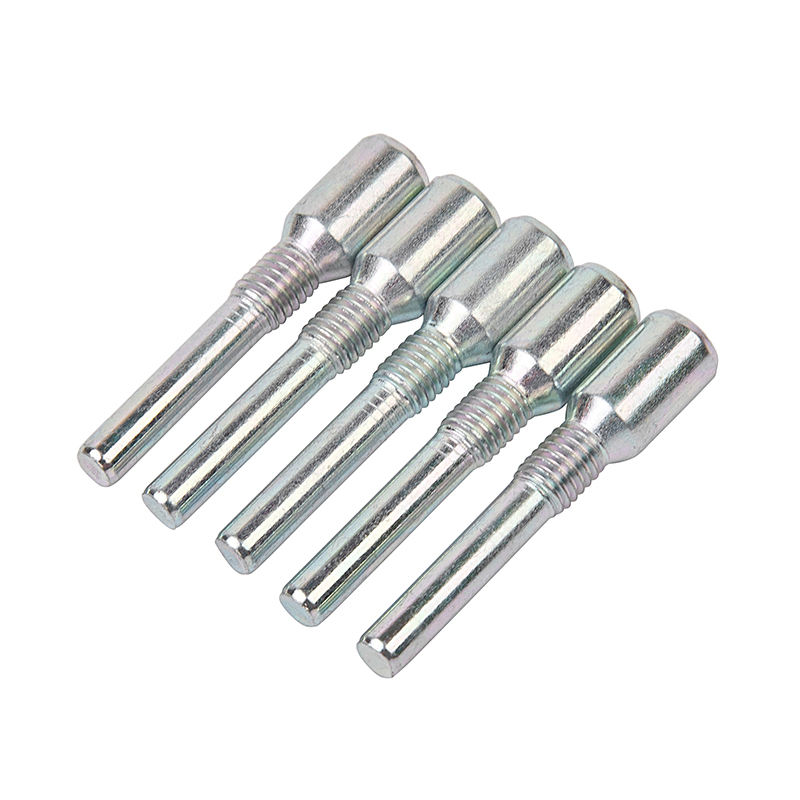

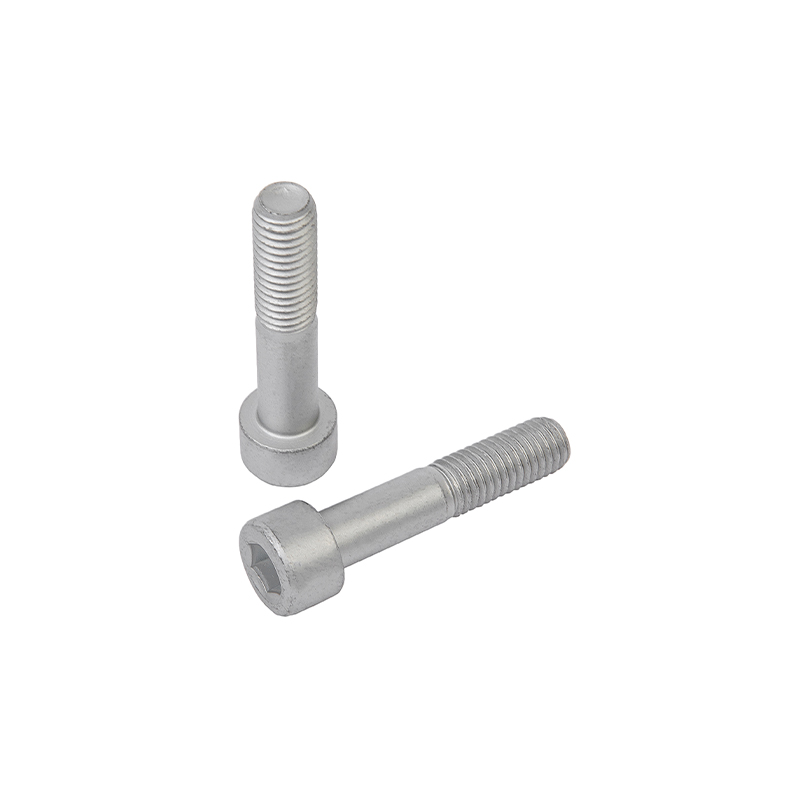


Contact Us